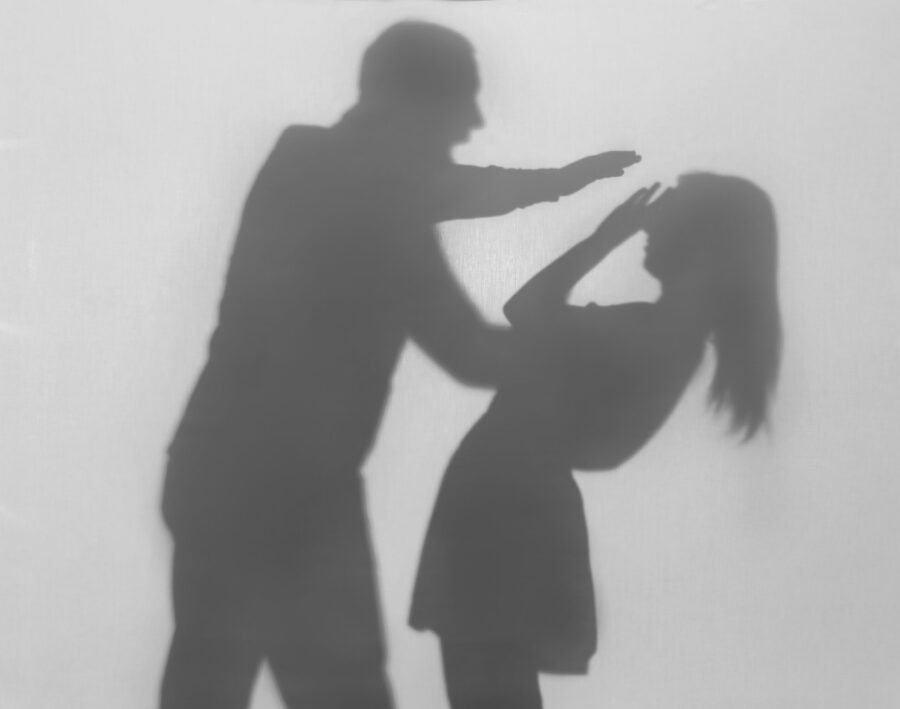
THERE’S an extremely fine line between discipline and abuse.
As parents we are obligated to meticulously observe the boundaries of our own behaviours and reactions in regard as to how we discipline our children; as in one brief moment, our actions can go from appropriate to destructive.
Fifteen, isn’t an easy age, for either the adolescent themselves or the parental figure in their lives. But no act of teenage rebellion or boundary-pushing should result in violence at the hands of those who are meant to care for and protect the child in question.
There is nothing Alliyah Alexander could have done that deserved the “discipline” meted out to her. To beat a 15-year-old girl so severely, that her cause of death was determined to be from “blunt force trauma,” is far beyond the scope of discipline.
I get it. Children will drive you to the point of raging insanity. I am no saint, I have lost my temper, I have laid a hot hand on my child and I have had to walk out of a room many times to take a breather.
Before I continue I would like to note that I am not against a quick slap on the bottom with a hand and the licks I am referring to are no more than one slap and/or being hit with an object that is not a hand.
We have all grown up in a society where physical discipline aka “licks” is the norm and often boasted as a right of passage. At some point, we have all been victims to a slipper or pot spoon.
But here’s my question; did the licks really teach us a lesson? Did the licks improve our behaviour or did it just make us sneakier in carrying out our childhood shenanigans?
Nope.
If you ask me the only upside of having a population who received corporal punishment as children, is that we have a society with remarkable physical reflexes… anything comes flying our way we know how to duck.
Today, we know corporal punishment can create severe psychological confusion in our children. A small slap you can brush off, but a beating can leave a child in an extremely emotionally confusing place. How can the person whom I love, who says they love me, whom I trust and seek comfort from, cause me such pain?
In regards to adolescents, I personally don’t think licks teach anything. If anything it causes them to pull away from their parental figures and lean closer to their friends or other influences in their lives who may not be best equipped to help them deal with the issues they face during such confusing period of development.
So it is safe to say a teenager who is regularly physically disciplined will be less likely to come to their parents for advice, be less honest and open with them. This is all a breeding ground for trouble.
Parenting is hard and there are moments when even the best of us lose our cool.
When we look at some cases, it is clear an adult lost control. Chances are these same adults received the same beatings they now use to punish their children, forgetting how truly useless they were, but repeating patterns of the past that we now know are not the best course of action.
You cannot beat bad behaviour out of a child. I am not a perfect parent, I have reacted incorrectly at times to my children’s behaviour and I always regret it. But I am trying and I encourage all the other parents out there to try too. Because the last thing any of us want are children who do not feel safe with us, who cannot trust us, who fear our reactions and who hide from us. This leads to damaged adults, who repeat the cycle and in some cases become the perpetrators of violence against others or accept violence being perpetrated against them.
So as parents what do we do? We need to look at more constructive, intelligent ways of discipline. We need to talk to our children, earn their trust and let them know there will be violence-free consequences to their behaviours.
We also need to learn not to act in anger, because this is where that line between discipline and abuse gets crossed. Sometimes we need to walk away and clear our heads before we can deal with a problem.
It’s time to break the cycle of licks.
![]()















